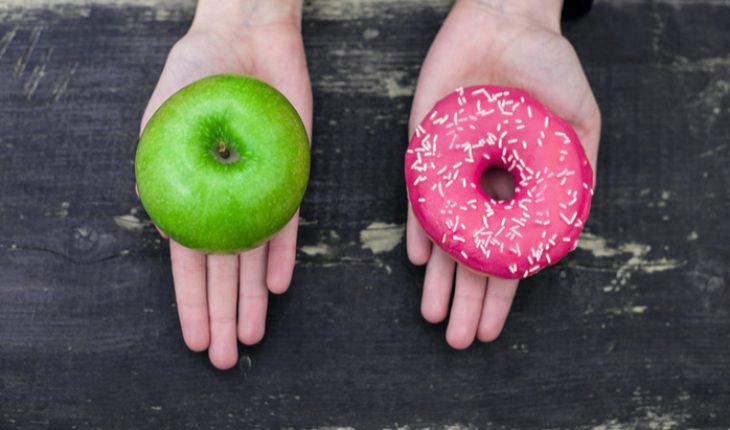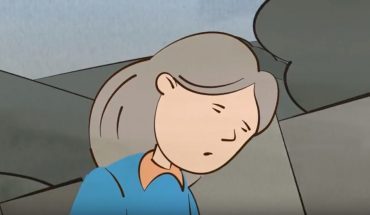Unraveling the secrets to ‘sustainable behavioural change’ (SBC) is like searching for the Holy Chalice. In order to understand SBC a little more, we must first recognize that we humans are running on autopilot for around half of our waking hours. Here’s an interesting correlation: –
‘People spend 46.9 percent of their waking hours thinking about something other than what they’re doing, and this mind-wandering typically makes them unhappy.’ (Harvard Gazette,)
‘A habit is defined as an action that is undertaken with little or no conscious thought – by some estimates this guides nearly half of our daily actions.’ (Journal of Personality and Social Psychology)
In other words, I would suggest that for approximately half of our waking day we’re lost in thought whilst following habitual patterns of behaviour, which leaves us feeling unhappy.
Some of our habits were acquired many years ago when we were growing up, such as cleaning our teeth after endlessly being reminded by our parents. Other habits have been acquired without us even realizing that we’ve being conditioned into an habitual form of behaviour – such as our tendency to regularly check our phones and digital devices for messages and so on.
Some of our habits were acquired many years ago when we were growing up, such as cleaning our teeth after endlessly being reminded by our parents. Other habits have been acquired without us even realizing that we’ve being conditioned into an habitual form of behavior – such as our tendency to regularly check our phones and digital devices for messages and so on.
In fact, the digital age is seducing our every little desire, or ‘itch’, that is longing to be scratched. Social media companies exist with one simple objective – to engage us in habitual patterns of behaviour with a product that provides some sort of ‘relief’. Doubtless there is a reward that justifies our time spent on any given social media, but perhaps if we observed our behaviour through the filter of a calm, objective mind, we might sense that we are at times a little obsessed, or even addicted. We also know that Facebook and other social media companies are at the epicenter of a growing trend towards declining (real) intimacy, loneliness, anxiety and depression.
Let’s now take a look at what the experts have to say on the subject. Nir Eyal, the author of the bestselling book, ‘Hooked’, says:
‘The Hook Model describes an experience designed to connect the user’s problem to a solution frequently enough to form a habit. The Hook Model has four phases: trigger, action, variable reward, and investment.”
BJ Fogg of Stanford University, an expert in behavior change, says:
“I’ve studied human behavior for 20 years. Here’s what I’ve learned: Only three things will change behavior in the long term. Option A: Have an epiphany. Option B: Change your environment. Option C: Take baby steps.”
BJ Fogg is actually the Director of Persuasive Technology at Stanford University, and accordingly has created a model that provides a simple explanantion of what drives our actions: B = M A T.
Where B is the given behaviour; M is sufficient motivation; A is the ability to complete the desired action; and T is the Trigger that must be present to initiate the behaviour. This adds a little more colour to the subject, in that it breaks down the elements that drive our habitual actions.
I’m going to make a distinction here, between habits that have real enduring value for us, and those where we’ve been ‘unconsciously hooked’.
It’s almost a proverb that the good intentions we have surrounding our ‘New Year’s Resolution’ will be short-lived. But why is this? I believe that the primary reason we fail to maintain our resolve is because we don’t want ‘it’ enough. But this isn’t the whole story, because we can all think of goals that we have which are deeply and passionately felt, and yet we simply keep ‘falling off the wagon’.
Why is it for example that eventhough we truly want to lose a few pounds, each new dieting attempt endlessly fails to keep the pounds off?
I’d like to offer my own model of what I feel describes the process by which we achieve SBC, specifically in the context of those habits that have true, enduring value for us, as opposed to those that cause us to become unconsciously hooked:
SBC = D S A
Where –
D = Heartfelt Desire
S = System of Support
A = Small Daily Actions
Let’s break these down a little.
Heartfelt Desire – Your heartfelt desire is the ‘Why’, the essence of your dream or goal. This is the most magical ingredient that you bring to the table, because all else springs forth from this. Clarity of purpose is your heartfelt desire expressed as a clear objective. When you can clearly envision the outcome that you are seeking, you have an abundance of inspiration and energy with which to act.
A System of Support – I believe that we all need support and guidance, beyond family and friends, in order to create sustained, positive change. Given all of life’s travails and our wavering willpower, I think that we would all benefit from having a coach, or someone who has agreed to offer us support in a particular undertaking. Ideally, both!
Small Daily Actions – As BJ Fogg said, ‘Option C: Take baby steps’. Research demonstrates that small daily actions offer regular rewards that propel us to do more –
Just take the first step: Small daily steps break down your grand intention into manageable chunks.
Focus: Change is your brain learning new patterns of behaviour – small, daily steps allow your brain to focus, and this catalyses the learning process.
Consistency: Small daily actions may feel insignificant, but each
one grows your resolve, and over time they have a big impact – precisely what time period will vary, but might even mean forever.
This is the first of a four part series on sustainable behavioural change ☺. I’d love to hear your thoughts, so please write to me here: [email protected]
- The battle against our unruly minds - 22nd March 2018
- Sustainable Behavioural Change: Part 1 - 15th March 2018
- Health through self care - 14th January 2018






